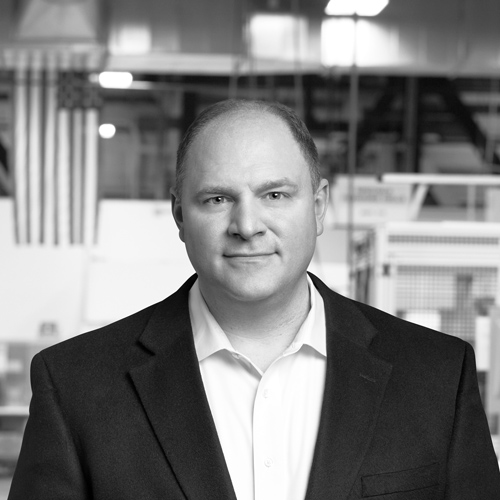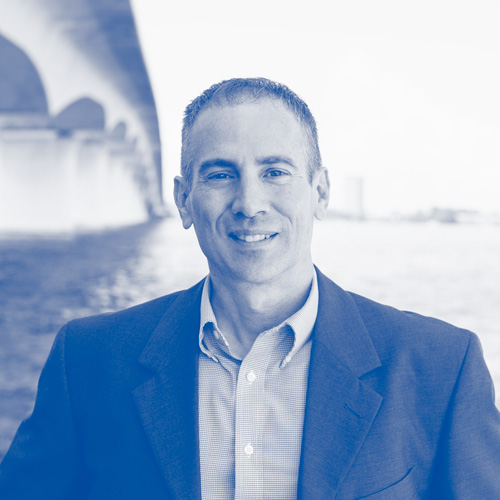Although television is a medium where stars are born, the work behind the scenes in bringing shows to life, finding new ways to bring content to people, and protect a network and its content takes an ensemble cast.
Viviane Eisenberg, executive vice president of legal affairs for HBO, understands this better than most. Since joining the network in 1981, she’s seen it grow from a random idea in the early days of cable TV (“Nobody knew if people would actually pay to watch television,” she says of HBO’s formative years) to one of the foremost brands in the world. With a spate of critically acclaimed original programming in addition to popular movies, concerts, sporting events, and comedy shows, it takes a team of attorneys to protect not only the network’s own content, but also what it licenses and where it broadcasts.
It sounds like a lot—and it is—but Eisenberg says the workload is shared by a team of forty people that engage in a constant exchange of ideas and collaboration that enables everybody to learn in a constructive environment.
“I tell my team that if at the end of the day they made meaningful decisions and they laughed, it counts as a good day,” she says.
There are many meaningful decisions to be made on a daily basis. Eisenberg’s team is divided into four groups: One team handles the licensing of theatrical feature-length movies; another handles the production of non-scripted programming (sporting events, comedy specials, concerts, documentaries, current-affairs shows); the third group is responsible for legal matters that pertain to advertising, branding, merchandising, social media initiatives, and privacy matters that relate to consumer-data collection; and the fourth group is in charge of international distribution of HBO’s original programming.
Although only fifteen individuals on the forty-person team are attorneys, Eisenberg says each member is indispensable, and an abundance of cross-training is involved in terms of sharing various responsibilities.
“All the attorneys in my group are expected to be proactive in anticipating the needs of our creative executives and our business executives,” she says. “They have to understand our culture as well as our business. Furthermore, the other team members—paralegals and assistants—are encouraged to develop their skills beyond purely administrative skills.”
Eisenberg continues that support staff are always taught to prepare the first draft of agreements.
FROM THE WATERCOOLER
For decades, HBO has made award-winning original programming that keeps audiences talking—audiences, as it so happens, that include the team behind Modern Counsel.
We asked our team what their favorite HBO programs were, and the answers came flooding in. It was hard to narrow down our list, but our top three favorites are: Game of Thrones, VEEP, and Sex and the City, a list that is sure to change as the network produces more top-
tier entertainment.
“Some legal assistants are reviewing assets, and they are the first line of the clearance process,” she says.
It’s a process that has become more complex as technology continues to evolve. Eisenberg says the team’s greatest challenge has been keeping pace with the explosion of new ways in which HBO can distribute its assets. The network has evolved from one channel to a package of channels for premium subscribers, a mobile app, and a worldwide brand, which means her team has to stay on its toes about everything from licensing programming across multiple platforms to granting exclusive distribution rights for foreign licensees.
“It has forced us to keep up,” Eisenberg says. “We have to make sure that our acquisition/production/distribution/content review efforts are consistent with this ever-changing landscape.”
She says one of her proudest achievements at HBO is expanding the brand internationally, for which she structured many of the international output deals that allowed HBO to export its original programming now across six continents. She describes HBO’s brand as “value added,” helping the network maximize its revenue by attracting global viewership.
“There’s a uniqueness to HBO’s programming that we try to convey to the consumer, which is how you get loyalty from viewers,” she explains. “The kind of programming we show is ‘HBO programming,’ and that helps us grow our subscriber base around the world.”
This kind of growth and change also poses any number of questions that Eisenberg and her team must field on a daily basis: Does the program contain statements that someone might consider libelous? If so, are they defensible? Are there issues pertaining to the right of privacy or the right of publicity? Does the program contain any copyrighted material, such as footage, music, art, photos, or does the program use third-party trademarks? If so, does it have to be cleared, or are there exceptions? Given that she handles both content and transactional law, Eisenberg is well-positioned to provide answers to all of these questions. But again, she defers credit to everyone on her team, which she says she’s privileged to lead.
“I always try to empower my team by making them feel that I trust them,” Eisenberg says. “I tell them that if they feel that they have done their best in analyzing the issues and in reaching the resulting decision, I will support their decision even if a claim ensues. You cannot avoid claims, but you can have strong arguments to
defend them.”
It’s a lesson that Eisenberg learned early in her career and is eager to pay forward.
“I had a former boss who said that even if you made the wrong decision, it’s okay as long as you undertook a thorough analysis of the issues, and you did your best in reaching the decision,” she recalls. “If that is the case, I will support the decision and will deal with the consequences. . . . I like to give my staff managerial responsibilities to prepare them for the next step in their career development. I value their own leadership skills.”


